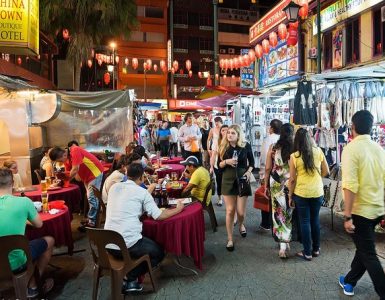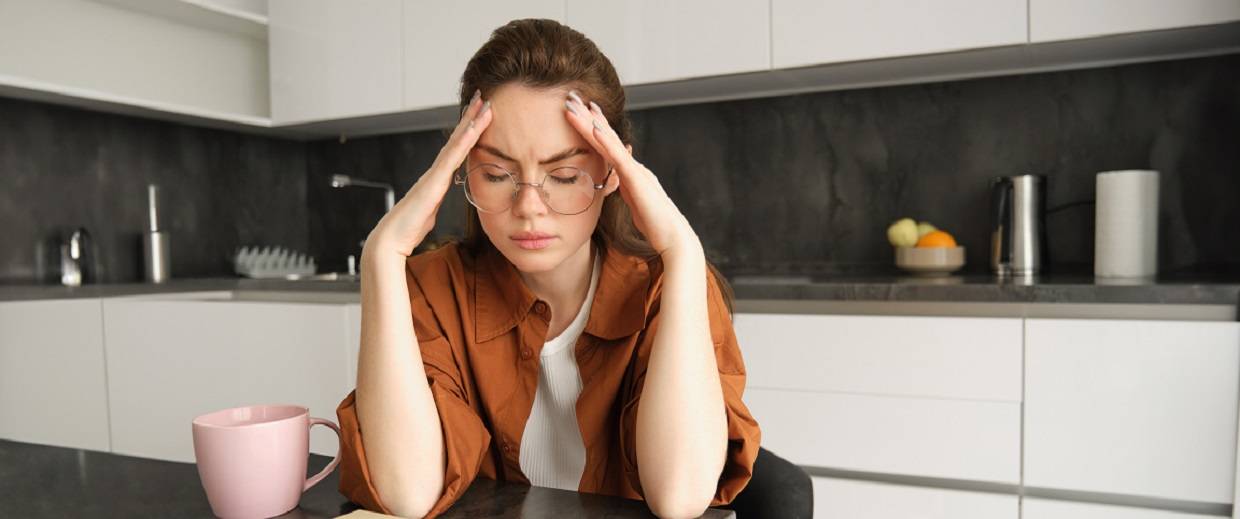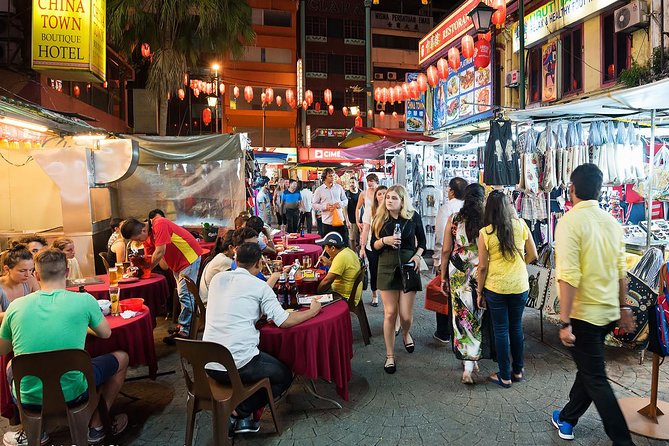
While elderly parents have traditionally lived with their children in Singapore and elsewhere in Asia, the reality is that more seniors here are living on their own.
State of the Family reports showed that the percentage of people aged 65 years and above here who live with their children dropped from 74 per cent in 2000 to 69 per cent in 2005, and the number may have dropped further since then.
Whether they live independently or in care facilities, the percentage of the elderly living on their own only seems likely to increase.
How to care for senior citizens who can no longer do everything by themselves is an increasing concern. Some families hire a full-time live-in helper, and others place the elderly in a care facility. Yet the combination of a growing aged population and pressure to bring in fewer foreigners means other alternatives may soon be needed.
Among the low-income and neediest elderly, welfare organisations such as the Lions Befrienders and Thye Hua Kwan Moral Society offer home visits and help them with housekeeping, meals or errands. But what of other senior citizens who want to live independently?
The eldercare ecosystem that has evolved in the United States in recent years offers an example of solutions that might work here.
In the US, a majority of seniors live in their own home and want to stay there. Recent research shows that living at home is often better than being in a care facility.
A study at the University of Missouri, for example, found that seniors who were Ageing in Place – staying in their own homes – had better “mental and physical health outcomes”. However, full-time helpers are often simply too hard to find or too expensive.
As more senior citizens in the US are finding, a combination of specialised services and technology can help them live independently.
One option is for seniors to arrange for service providers in the community to deliver almost everything they need, and individual entrepreneurs as well as companies are stepping in to meet this need.
One company can send cleaners to clean the home regularly, for example, and another can send a cook to do the grocery shopping and prepare a week’s worth of meals. Still others can provide healthcare at home, laundry services or transport to appointments.
While some people find these experts through word of mouth, more and more online and offline networks are linking seniors to caregivers.
The US government’s Eldercare Locator, for example, connects older Americans with services they need. Independent sites like boomers-with-elderly-parents.com provide a wealth of resources too.
For senior citizens who want someone else to make all the arrangements, geriatric care managers can handle everything.
The non-profit National Association of Geriatric Care Managers, for example, provides links to caregivers nationwide who can arrange everything from meals to medicines. And companies like Home Instead Senior Care have set up networks of “locally owned franchise offices” that can arrange everything from shopping and transportation to Alzheimer’s care or even nightly tuck-in services.
In an increasing number of cities, seniors have banded together to arrange for services. Village-to-Village, for example, establishes “grassroots organisations run by volunteers and paid staff who coordinate access to affordable services”.
Along with the services provided by people, gadgets make it ever easier for the elderly to stay at home.
One common gadget is a wearable alert device that seniors can use to summon help and that can send a message when an accelerometer senses a fall. Another is a high-tech medications box that sends an alert when a senior forgets to take their pills.
Motion sensors like QuietCare can learn a senior’s daily living patterns and send alerts when out-of-the-ordinary events occur.
A new high-tech box can measure a senior’s vital signs like weight or blood pressure and send details to a nurse for evaluation. And if innovators have their way, robots may soon offer everything from meals to companionship.
As Singapore’s population gets greyer and peoples’ values change, more elderly Singaporeans may find themselves living on their own. Already, new technology can make their lives easier. And concerted efforts are being made to find other ways to achieve the same.
Marine Parade, for example, is the test-bed for a five-year study of how homes and communities need to evolve to help the elderly age in place. Successful projects, it was reported last month, will be replicated across Singapore.
Some in the pipeline include a network of neighbourhood physicians to ensure those with chronic health problems get follow-up care.
Over time, the development of specialised services such as those available in the US and elsewhere could offer better alternatives to homes for the aged or hiring live-in helpers, and enable not only an easier life but better outcomes too.
Richard Hartung is a consultant who has lived in Singapore since 1992.
– Today Online –











